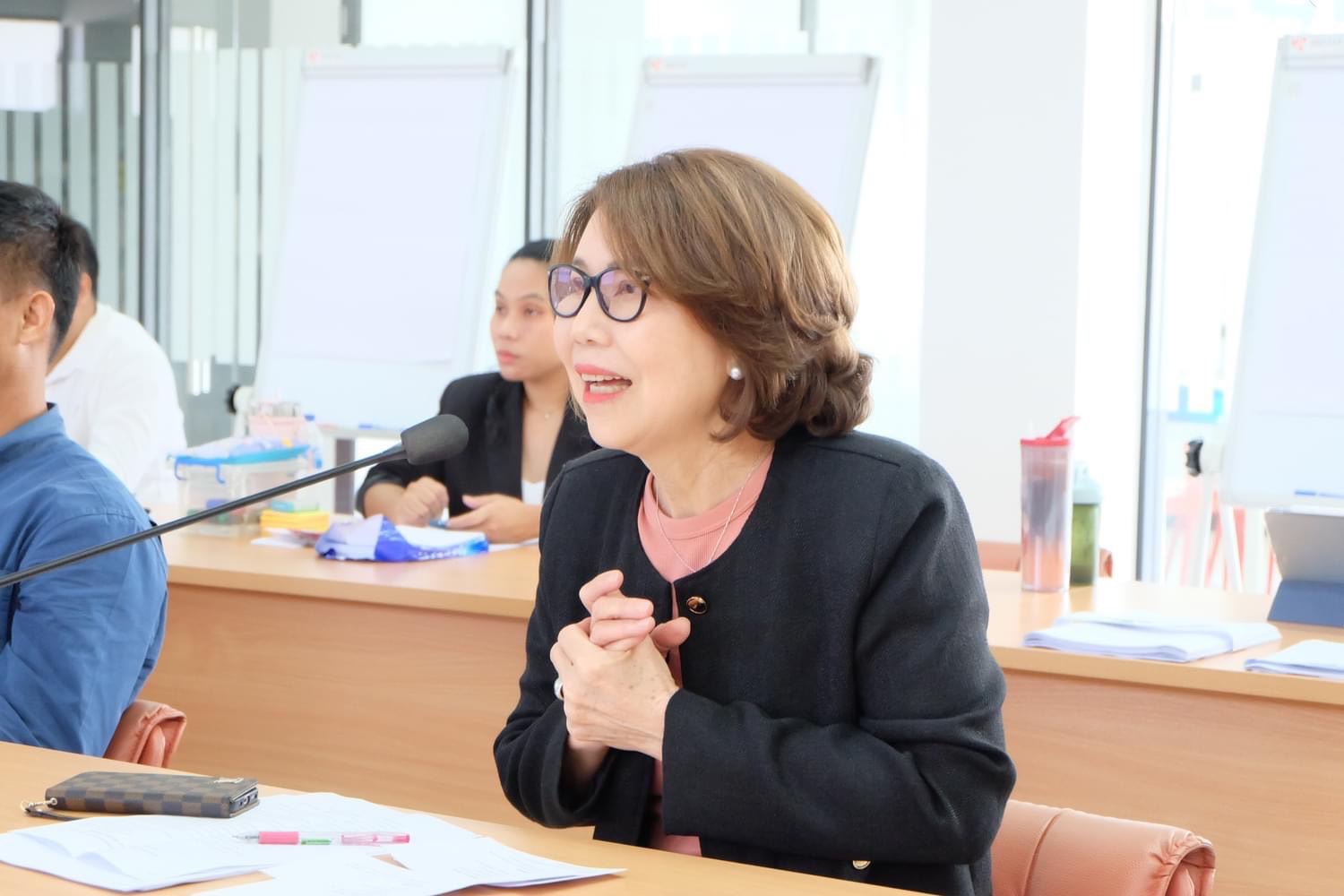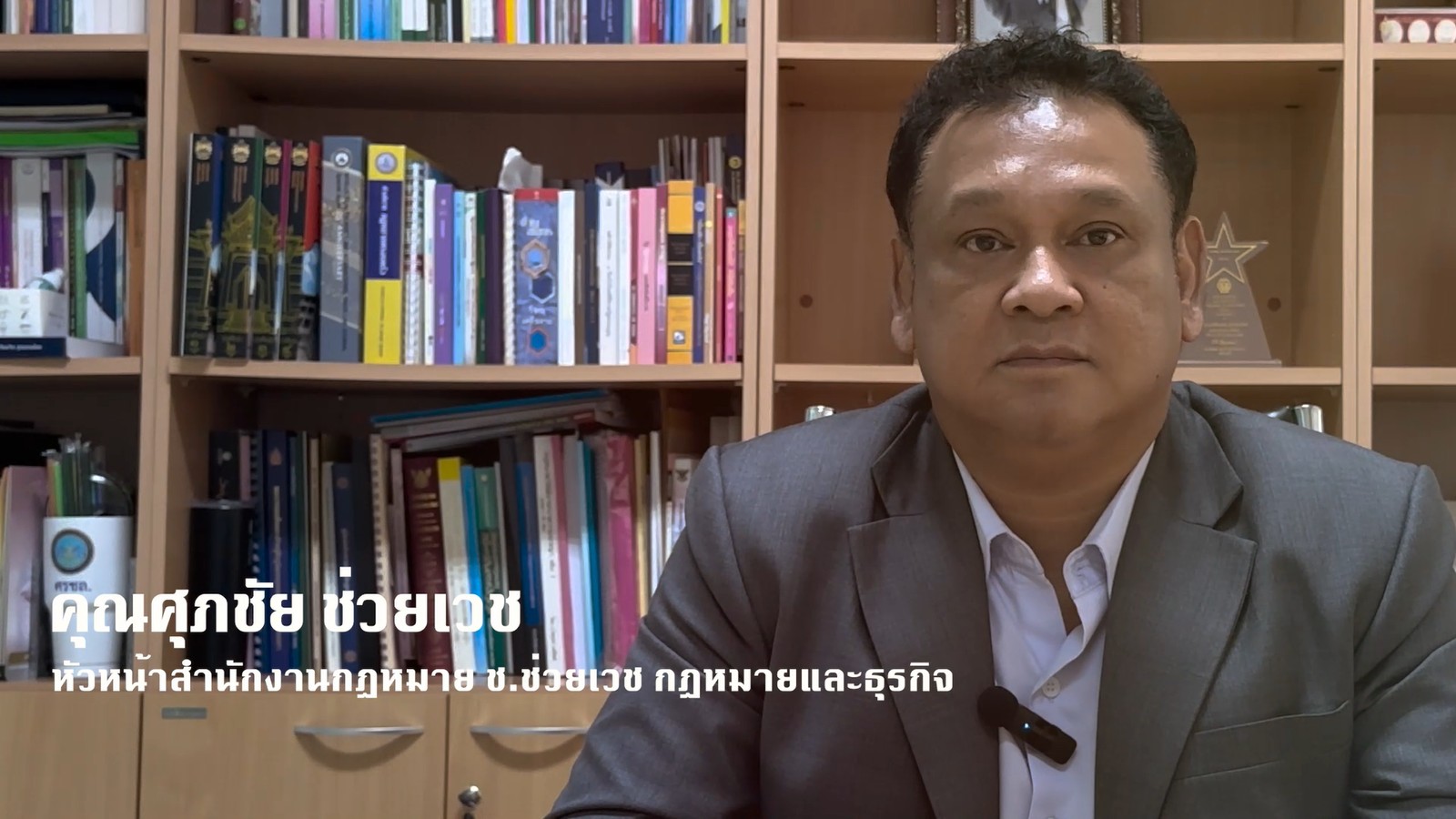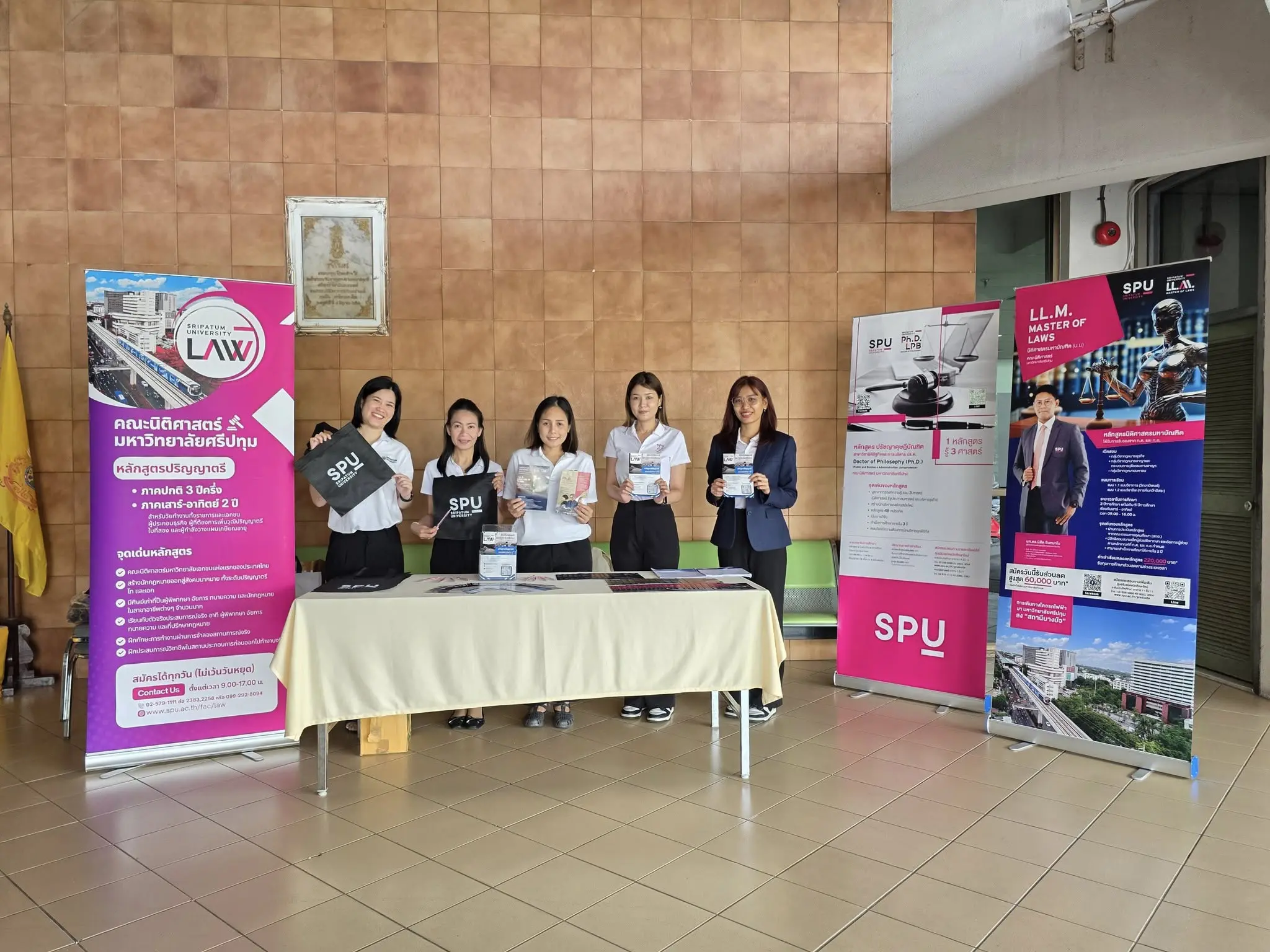Good practices in graduate production
Good practices in producing quality graduates focus on providing graduates with skills, knowledge and characteristics that can be effectively applied in work and life, such as:
1. Organizing the curriculum in line with the needs of the labor market
– Update the curriculum to be up-to-date and relevant to the needs of the industry or professional field.
– Provide internships or projects linked to companies to provide graduates with hands-on experience from real situations.
– Emphasis on technical skills ( hard skills) and soft skills such as communication, problem solving, teamwork, and leadership.
2. Develop analytical thinking and problem-solving skills.
– Promote graduates to have analytical thinking, critical thinking and complex problem solving abilities.
– Use participatory teaching methods such as Active Learning, Problem-Based Learning (PBL), or Project-Based Learning (PjBL) that encourage learners to face problems and find solutions by themselves.
3. Create a sense of responsibility and ethics.
– Instill professional ethics and morality in work, such as honesty, responsibility, and respect for others.
– Creating awareness of social and environmental responsibilities, including promoting social activities.
4. Promoting digital skills and lifelong learning
– To enable graduates to use digital technology fluently and adapt to the rapidly changing technological era.
– Create awareness of the importance of lifelong learning so that graduates can always learn and develop new skills.
5. Supports collaboration with others.
– Train graduates to have skills in working with others in diverse teams, including respect for different ideas.
– Create opportunities for learners to work in groups or projects that require cooperation among individuals to prepare for real work.
6. Provide career counseling and guidance.
– Provide career guidance services to help graduates prepare for job applications, including resume writing, job interviews, and finding suitable career paths.
– Promote career development planning from during study until after graduation.
7. Linking with communities and society
– Promote graduates to participate in community or social activities to understand community needs and be able to use their knowledge to help society.
– Provide opportunities for graduates to use their skills to solve social problems, such as participating in community development projects or social projects.



















